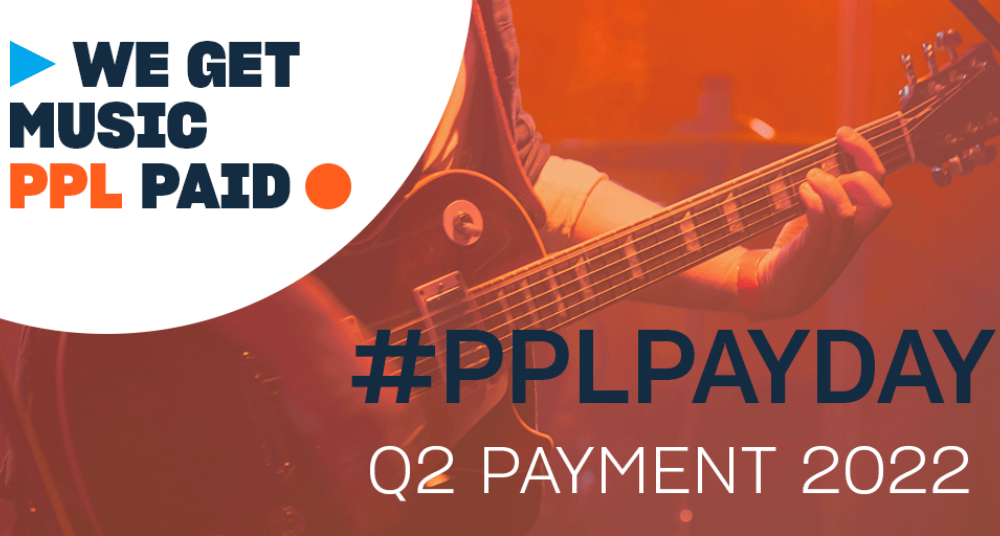PPL, the UK’s music licensing company for recorded music, has made a £71.3 million payment to performers and recording rightsholders in its June distribution. Payments went out to 113,271 parties, reaching a new record for the highest number of performers and recording rightsholders paid in a PPL June distribution. It is the second record-breaking payment for PPL in recent years, after 2021 saw the organisation pay the highest ever number of performer and recording rightsholders in a calendar year. June 2022 payments went out to both direct PPL members, and those represented in the UK through agreements between PPL and 105 overseas collective management organisations.
The distribution is made up of UK collections from the public broadcast of recorded music, as well as international collections for broadcast and public plays, private copy and cable retransmission. Also included in this distribution is £1.8 million from PPL’s sister company VPL, which licenses music videos when they are played in public or broadcast on TV.
Peter Leathem, PPL chief executive officer, said, ‘It is great to see PPL paying out money to more performers and recording rightsholders than ever before in a June distribution. It is another proof point that reinforces PPL’s leading position in the international neighbouring rights sector. We are able to collect and distribute royalties so effectively because of our expertise across a range of operational disciplines.'
'Our leading data technology allows us to identify as much recording usage as possible as well as the performers and recording rightsholders to be paid, maximising royalty pay-through. We have a significant international network of 105 agreements with overseas collective management organisations, a network that encompasses Africa, Asia, Europe and North and South America. This helps us identify and claim overseas revenue for our members. And finally, our team of neighbouring rights experts use their deep understanding of the global neighbouring rights sector to maximise this revenue, ensuring performers and recording rightsholders are paid as fully as possible when their music is played.’





